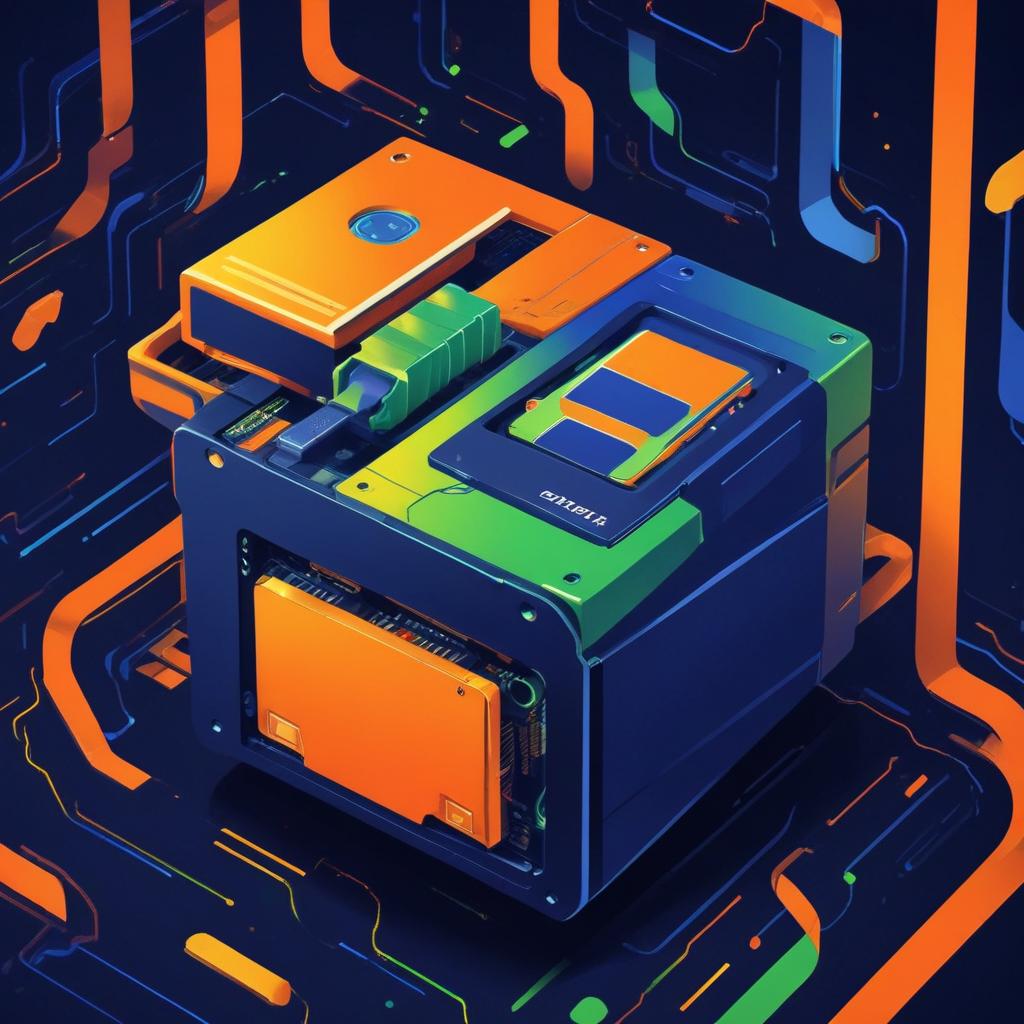Western Digital's SMR Hard Drive Failures: A Closer Look at Potential Issues

Recent news reveals that Western Digital is probing failures associated with older Shingled Magnetic Recording (SMR) hard drives. These drives, notably the 2 TB, 3 TB, 4 TB, and 6 TB WD Blue and Red models released around 2020, are reportedly exhibiting alarmingly high failure rates. This investigation follows a class-action lawsuit regarding the company’s non-disclosure of SMR technology. Data recovery firms have raised concerns, leading to warnings for users regarding potential data loss.
On the surface, Western Digital's decision to investigate these failures shows a commitment to accountability. Engaging in an internal review demonstrates a willingness to rectify issues, reassuring consumers that their voices are heard. This proactive stance potentially helps rebuild trust with customers who rely on their storage solutions. A few positives include:
- Transparency: The company acknowledges the problem, signaling its intention to address it rather than sweep it under the rug.
- Enhanced Customer Support: Increased scrutiny may result in better customer service and support systems, as users seek guidance on affected products.
- Long-term Improvements: Identifying flaws now could lead to better future product designs and more reliable technologies.
Despite these positives, examining the core assumptions and potential shortcomings is vital. One striking point arises from the fundamental design of SMR technology. While it increases capacity by overlapping data tracks, this approach introduces challenges, particularly for rewritable data. It’s well-documented that SMR is less suited for specific workloads, especially RAID configurations or environments using ZFS arrays. Why wasn't this fully communicated to consumers before? The lack of clear communication reflects a gap in user education about the limitations of this technology.
Furthermore, users rely on hardware to protect their critical data. Consider the implications of widespread failures. Users might experience catastrophic data loss, leading to financial repercussions and emotional distress. The report from 030 Datenrettung Berlin GmbH raises questions about the reliability of these drives—if engineering decisions contribute to issues, then what preventive measures are in place to protect consumers? This breeds doubt about the overall reliability of products that fall within the SMR category, not just from Western Digital but across the industry.
Taking a step back, we see that these concerns about SMR technology extend beyond individual product failures. It raises the question: how often do consumers think about the design decisions behind the technology they use daily? Is enough attention being paid to the long-term viability of devices, especially as demands for storage capacity continue to grow? For many, this revelation serves as a harsh reminder of the fragility of data storage solutions.
In my perspective, the key takeaway from this situation centers on the need for better communication and education regarding storage technology limitations. While Western Digital's current actions may reassure some, they are merely a step in the right direction, not a full-fledged solution to the inherent risks in data storage.
At DiskInternals, we specialize in data recovery software for various environments, both virtual and physical. We intimately understand the consequences of data loss. Our mission is to help users navigate through these challenges and provide tools to prevent such unfortunate events. After all, the best way to handle data loss is not to face it in the first place.